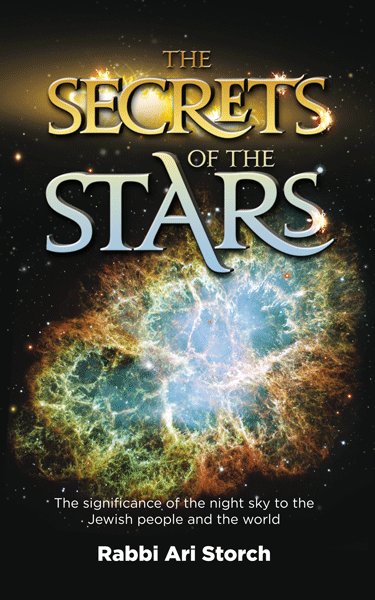Breaking news this week was that NASA successfully landed its rover, Curiosity, on Mars. This was a tremendous accomplishment and truly is a testament to the advancements that science has made over the past decades! One of the goals of Curiosity is to see if there are leftover materials on Mars that would indicate whether life ever existed on our neighboring planet. Because of the renewed interest in this topic I decided to repost the following.
I have no idea whether or not life exists on other planets and, as the joke goes, sometimes I wonder if intelligent life even exists here on Earth (it's a joke!). People ask me this all the time and for reasons unbeknownst to me they think that whether life does or does not exist elsewhere has some sort of deep theological issues associated with it. I am not sure why, either possibility does not seem to create any dilema or even a different understanding of the Torah in my opinion. Nevertheless, this discovery has made the news and reminded me of this post.
I have no idea whether or not life exists on other planets and, as the joke goes, sometimes I wonder if intelligent life even exists here on Earth (it's a joke!). People ask me this all the time and for reasons unbeknownst to me they think that whether life does or does not exist elsewhere has some sort of deep theological issues associated with it. I am not sure why, either possibility does not seem to create any dilema or even a different understanding of the Torah in my opinion. Nevertheless, this discovery has made the news and reminded me of this post.
I have heard the following pasuk, and its associated Gemara, cited so many times, as a proof from Chazal that aliens exist, that I felt it an appropriate post (Shoftim 5:23),
"ארור מרוז אמר מלאך ה ארו ארור ישביה"
“Cursed is Meroz said the angel of HASHEM, cursed are its inhabitants, etc.”
The Jewish nation had just decimated the superpower of the world’s leading army. Sisera, Yavin’s most skilled general, and his army were annihilated. Devorah and Barak then proceeded to laud Hashem’s praises. In the midst of their song, they give thanks and credit to those that helped in the war effort and they admonish those that chose not to come and help. Meroz was one of those that chose not to help.
Meroz is not a common name or place in Tanach and, therefore, the Meforshim come to help the reader understand what Meroz is. The vast majority state that it was a city that was in close proximity to the battlefield. The Gemara, itself (Moed Katan 16a), offers two explanations as to what Meroz was.
The first explanation is that Meroz was a leading individual of a nearby area. As such, he had military influence and could have brought his army to help. The second opinion is that Meroz is a star.
The Gemara then cites from an earlier verse that stated that even the stars of the heavens did battle with Sisera.
The Gemara then cites from an earlier verse that stated that even the stars of the heavens did battle with Sisera.
Based on this, many have assumed that if Meroz is a star, and Devorah cursed its inhabitants, then, obviously, Chazal were under the impression that intelligent life exists in other parts of the universe. I have even heard many state that the striking similarity in sound between Meroz and Mars makes it likely that there used to be (or is) life on that planet. However, this would seem to be an error since midrashic sources refer to Mars as Ma'adim and it is unreasonable to assume that it would just be referred to as a non-descript star.
Unfortunately, this all seems to be based on a little bit of ignorance when it comes to how Chazal, and Rishonim, refer to astrological influences. Every area of the world is considered to be under the influence of part of the sky. The influence is called the ruling party and the people of the land are called its inhabitants (See Ibn Ezra's Reishis Chachma and Sefer HaTa'amim). It seems much more likely, that the Gemara was referring to this extremely familiar concept than to space aliens which are not a common talmudic theme.
The proof to this is the first statement of the Gemara. That opinion felt that Meroz was an important individual. Obviously, the inhabitants of this individual would be those living under his rule. Unless, of course, one wants to go so far as to suggest that this is proof of a parasitic species of warriors that inhabit their leaders.

